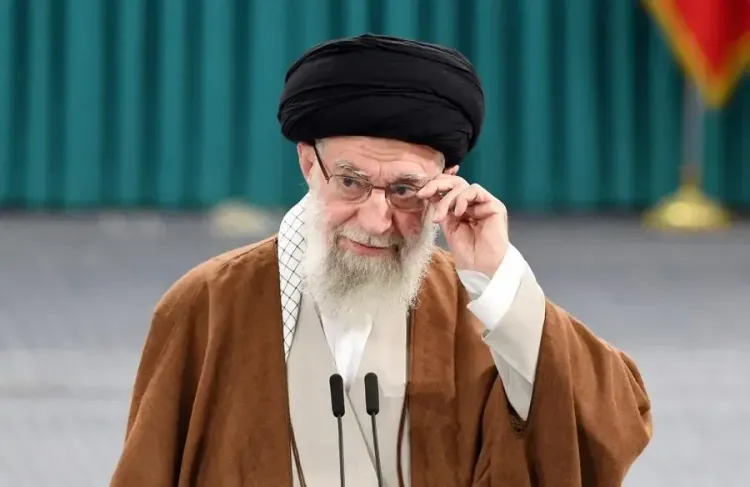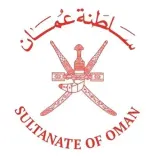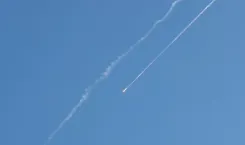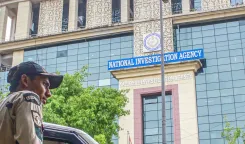Is the Iranian Parliament Planning to Halt Cooperation with the IAEA?

Synopsis
Key Takeaways
- The Iranian Parliament is considering suspending cooperation with the IAEA.
- Recent U.S. military strikes have escalated tensions.
- Iran has retaliated against Israel with missile and drone strikes.
- The Strait of Hormuz could be closed as a response to U.S. actions.
- Operation Midnight Hammer marks a significant escalation in military involvement.
Tehran, June 23 (NationPress) The Iranian Parliament is poised to advance a legislation aimed at suspending Tehran's collaboration with the International Atomic Energy Agency (IAEA), as reported by state media on Monday.
During a parliamentary session, Speaker Mohammad Baqer Qalibaf asserted, "Iran has no intentions of engaging in non-peaceful activities; however, it is evident that the IAEA has failed to fulfill its commitments and has become a political tool."
He also referred to the religious edict from Supreme Leader Ali Khamenei prohibiting nuclear weapon development, as reported by Mehr News Agency.
Qalibaf emphasized, "The Iranian Parliament is contemplating a bill to cease cooperation with the IAEA unless Tehran receives substantial assurances regarding the UN nuclear agency's professional integrity."
The Parliament Speaker criticized the recent U.S. military assaults on Iran's nuclear infrastructure, labeling it as a direct American involvement in the Iran-Israel conflict.
He remarked, "We view this (American) attack as a consequence of the Israeli regime's strategic failure, and we will not tolerate such actions. We will respond in a way that makes Trump regret his aggressive actions against our nation."
The U.S. strikes came on the heels of Israeli assaults on June 13 targeting various sites in Iran, including nuclear and military facilities, which resulted in the deaths of several high-ranking commanders, nuclear scientists, and civilians, according to Xinhua news agency.
In retaliation, Iran has launched missile and drone strikes on Israel. As of Saturday, the Iranian Health Ministry reported over 400 fatalities and more than 3,500 injuries within Iran, while authorities in Israel reported 24 deaths.
Simultaneously, the Iranian Parliament has endorsed a measure to close the Strait of Hormuz, a crucial oil transit route, following U.S. attacks on Iran's nuclear sites, per media sources.
However, any final decision regarding retaliation will be left to the Supreme National Security Council, led by Khamenei.
The parliamentary vote serves merely as a recommendation for potential actions.
Dubbed "Operation Midnight Hammer", the U.S. strikes targeted three Iranian nuclear sites in Esfahan, Fordow, and Natanz, marking America's first direct involvement in the escalating tensions between Iran and Israel.
This action has faced significant criticism, particularly regarding the absence of Congressional authorization for the military intervention.









